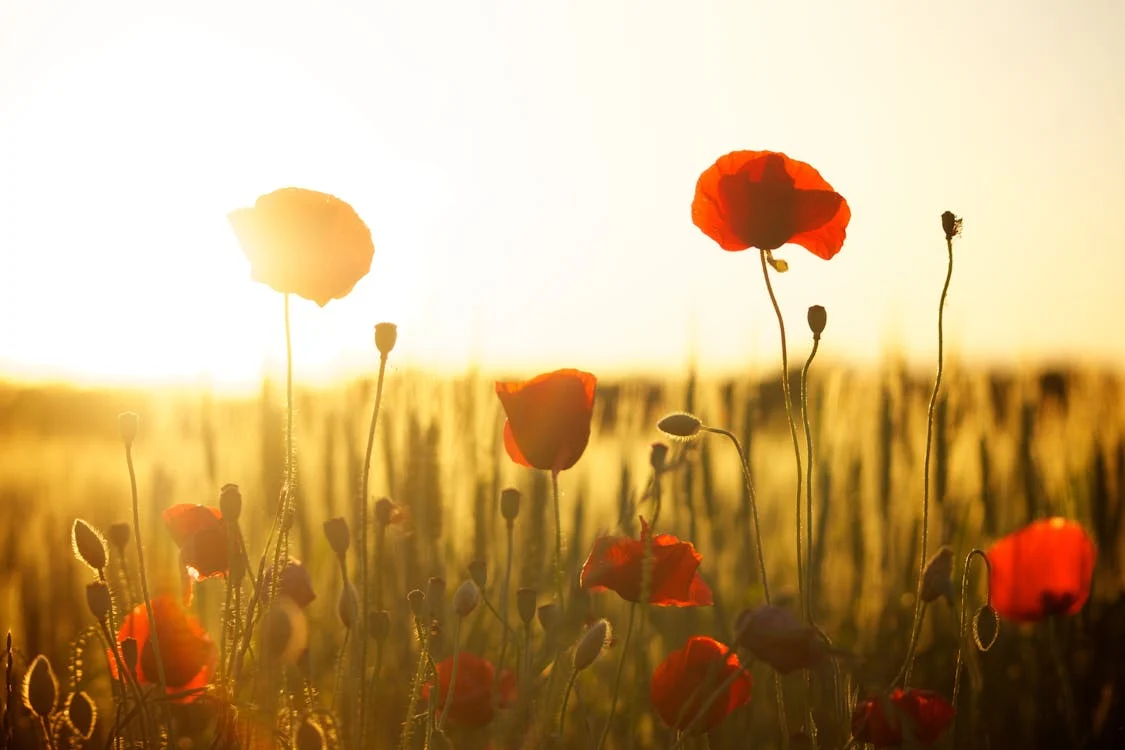As Canadians observe the 105th annual Remembrance Day, many notice a shift in how this solemn day is regarded and remembered. This morning’s dawn brought the traditional Sunrise Ceremony, complete with wreath-laying, bowed heads, and reversed rifles held in reverence for those who have served. Across the country, Canadians observed two minutes of silence, marking the “11th hour of the 11th day of the 11th month” with the haunting strains of the “Last Post.” But beyond these ceremonies, many Canadians have noted fewer poppies on lapels in city streets, shopping malls, and public places.
The poppy, a symbol adopted in 1921 to honor those who fell in World War I and the following wars, now seems to hold less prominence in public life. Many have noted this shift, questioning whether Canada’s changing cultural landscape might be weakening collective memory. While some Canadians observe Remembrance Day with deeply felt reverence, others seem to view it with a more muted sentiment.
The question of how Remembrance Day is valued today transcends political ideology. This isn’t about being conservative or liberal. It’s about respect for those who made the ultimate sacrifice. It’s a collective debt, a spiritual one. Regardless of background, each Canadian owes a debt to those who sacrificed their youth and lives for freedoms we often take for granted.
Despite the decline in visible signs of remembrance, many Canadians continue to honor the day in heartfelt ways. In Ottawa, Edmonton, Halifax, Vancouver, and across small towns, millions gathered, heads bowed in respect. The two minutes of silence at 11 a.m. felt heavy with collective memory, and the air was punctuated by the solemn notes of the bugle, calling people back to that moment of shared sacrifice and gratitude.
For Canadians, Remembrance Day is a day of quiet respect and, a reminder to remember and care for those who have given so much. It is a day that transcends generational divides, political opinions, and personal beliefs. This collective remembrance is both a tribute to the fallen and a commitment to stand by those who served, now and in the future.

